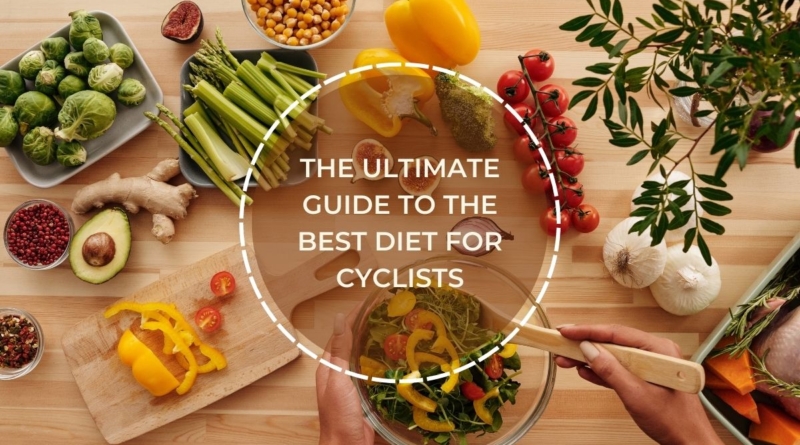The Ultimate Guide to the Best Diet for Cyclists | Cycling Diet Plan
Are you a cyclist looking to take your performance to the next level? Then it’s time to pay attention to what you’re fueling your body with. As the old saying goes, “you are what you eat,” and that couldn’t be truer for cyclists. The right diet can make all the difference when it comes to endurance, recovery, and overall performance on the road. That’s why we’ve put together the ultimate guide to the best diet for cyclists. In this post, we’ll cover everything you need to know about fueling your body for optimal performance, from macronutrients to hydration to special diets. So buckle up, grab a healthy snack, and let’s dive in!
Macronutrients for Cyclists
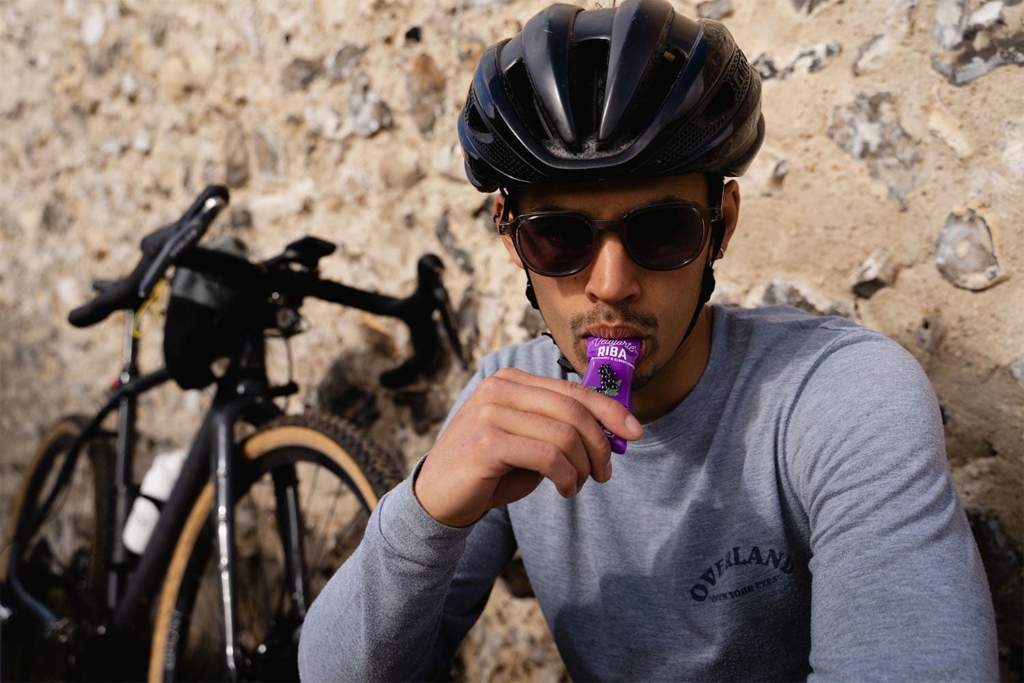
Cycling is a physically demanding sport that requires a lot of energy and endurance. That’s why it’s crucial for cyclists to pay attention to their diet and ensure they’re fueling their body with the right nutrients. Macronutrients – carbohydrates, proteins, and fats – are the building blocks of a cyclist’s diet and play a vital role in performance.
Carbohydrates are the primary fuel source for endurance activities like cycling. They are essential for providing the energy needed to power through long rides. Cyclists should aim to consume 6-10 grams of carbohydrates per kilogram of body weight per day to ensure they have enough glycogen stores for optimal performance. Good sources of carbohydrates include fruits, vegetables, whole grains, and legumes.
Proteins are essential for repairing and building muscles after intense rides. They also help prevent muscle breakdown during long rides. Cyclists should aim to consume 1.2-1.6 grams of protein per kilogram of body weight per day. Good sources of protein include lean meats, fish, eggs, dairy products, and plant-based sources like beans, nuts, and tofu.
Fats are an important energy source for low to moderate-intensity rides. They also help with the absorption of fat-soluble vitamins and support hormone production. Cyclists should aim to consume 20-30% of their daily calories from healthy fats, such as avocados, nuts, seeds, fatty fish, and olive oil.
In addition to the recommended daily intake of macronutrients, it’s important for cyclists to consume a variety of nutrient-dense foods. This includes foods rich in vitamins, minerals, and antioxidants, which help support overall health and recovery. Good sources of these nutrients include leafy greens, berries, nuts, seeds, and lean proteins.
Hydration for Biking
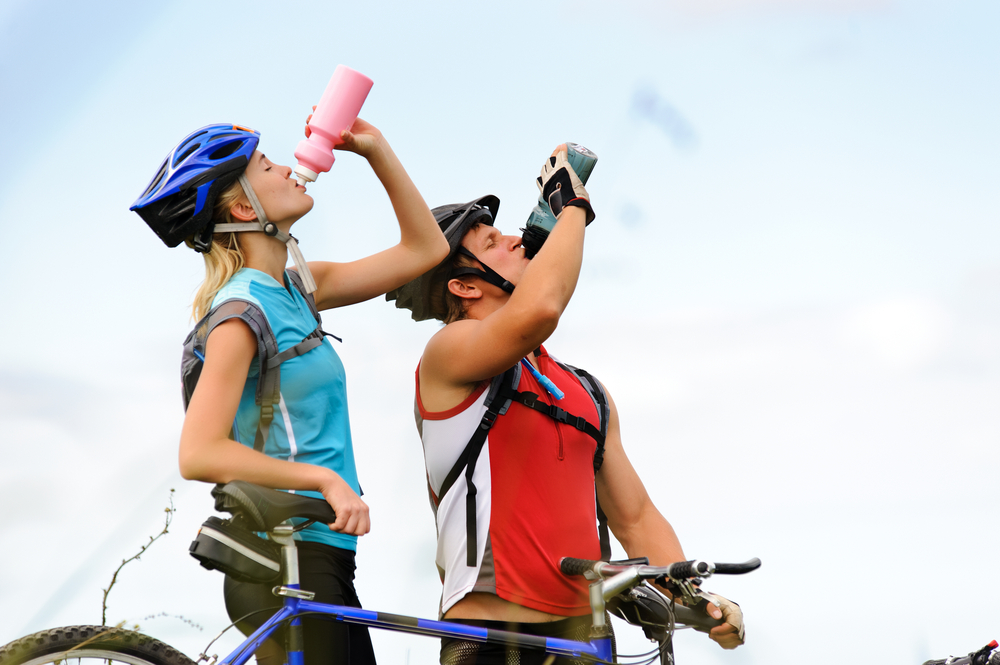
Shop for your bike gear: Moosejaw
Did you know that hydration is just as important as fueling your body with the right nutrients? Staying hydrated helps regulate body temperature, transport nutrients and oxygen to cells, and remove waste products from the body. Here’s what you need to know about hydration for cyclists:
The importance of hydration cannot be overstated. Even mild dehydration can cause fatigue, muscle cramps, and reduced endurance. Cyclists should aim to drink water before, during, and after a ride to ensure they stay properly hydrated. It’s especially important to drink water during hot and humid weather conditions or during long rides.
So, how much water should cyclists drink? The general rule of thumb is to drink half your body weight in ounces of water per day. For example, a cyclist who weighs 150 pounds should aim to drink 75 ounces of water per day. During a ride, it’s recommended to drink 20-24 ounces of water per hour, depending on factors like temperature, humidity, and intensity of the ride.
In addition to water, cyclists can also consume other drinks to stay hydrated on the road. Sports drinks like Gatorade and Powerade are popular choices, as they contain electrolytes like sodium and potassium that help replace the minerals lost through sweat. Coconut water is another great option, as it contains natural electrolytes and is low in calories. For those who prefer something with a bit more flavor, fruit-infused water or herbal teas can also be effective in keeping cyclists hydrated.
Basically, hydration is a crucial aspect of a cyclist’s diet. Staying properly hydrated helps regulate body temperature, transport nutrients and oxygen to cells, and remove waste products from the body. Cyclists should aim to drink water before, during, and after a ride, as well as other hydrating drinks like sports drinks and coconut water. By paying attention to hydration, cyclists can perform at their best and achieve their performance goals.
Pre-Ride Nutrition
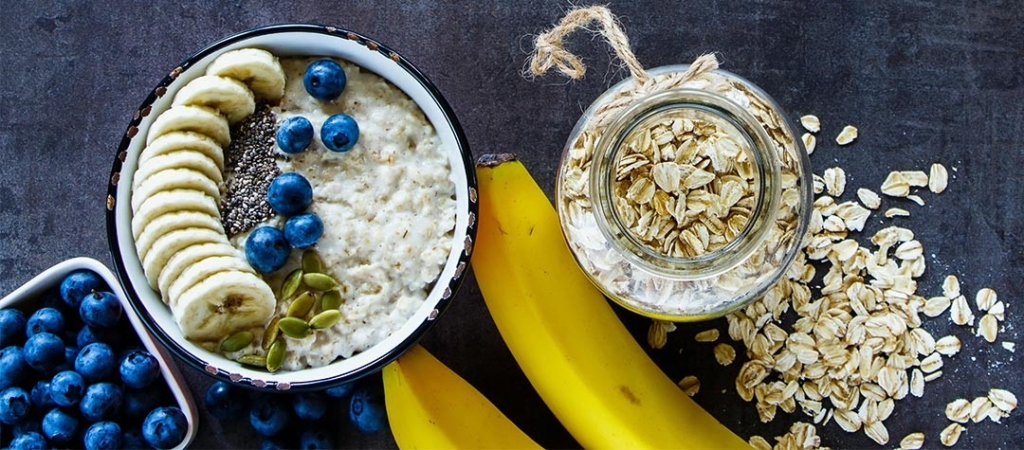
As a cyclist, you know that what you eat before a ride can have a huge impact on your performance. But with so many options out there, it can be tough to know what to eat for optimal results. Here’s what you need to know about pre-ride nutrition for cyclists:
Firstly, it’s important to fuel up with the right types of foods before a ride. Carbohydrates are the most important macronutrient to focus on pre-ride, as they provide the energy needed for endurance activities like cycling. Good sources of carbohydrates include fruits, vegetables, whole grains, and legumes. Complex carbohydrates with a low glycemic index are recommended as they provide sustained energy without causing a spike in blood sugar levels.
The glycemic index (GI) is a measure of how quickly a food raises blood sugar levels. Foods with a high GI, like sugary drinks and processed snacks, cause a rapid spike in blood sugar levels, followed by a crash in energy levels. Foods with a low GI, like whole grains and vegetables, provide a steady stream of energy and keep blood sugar levels stable.
So what to eat before a long bike ride? Recommended pre-ride meals and snacks should include a combination of carbohydrates, protein, and healthy fats. For example, a whole grain bagel with peanut butter and banana slices is a great pre-ride breakfast option. A quinoa and vegetable stir-fry with grilled chicken is a nutritious lunch option. Snacks like trail mix, fruit, and yogurt with granola can also provide a boost of energy before a ride.
In addition to focusing on the right types of foods, timing is also important. It’s recommended to eat a meal or snack containing carbohydrates and protein 2-3 hours before a ride. For a smaller snack, aim to eat something 30-60 minutes before a ride. This will give your body enough time to digest the food and provide a steady stream of energy during the ride.
In conclusion, pre-ride nutrition is a crucial aspect of a cyclist’s diet. Focus on consuming complex carbohydrates with a low GI for sustained energy, along with protein and healthy fats. Recommended pre-ride meals and snacks should be eaten 2-3 hours before a ride and include a combination of macronutrients. By paying attention to pre-ride nutrition, cyclists can perform at their best and achieve their performance goals.
Related Reading: Whole Wheat Pasta: Grain vs Refined Pasta
Fueling During a Ride
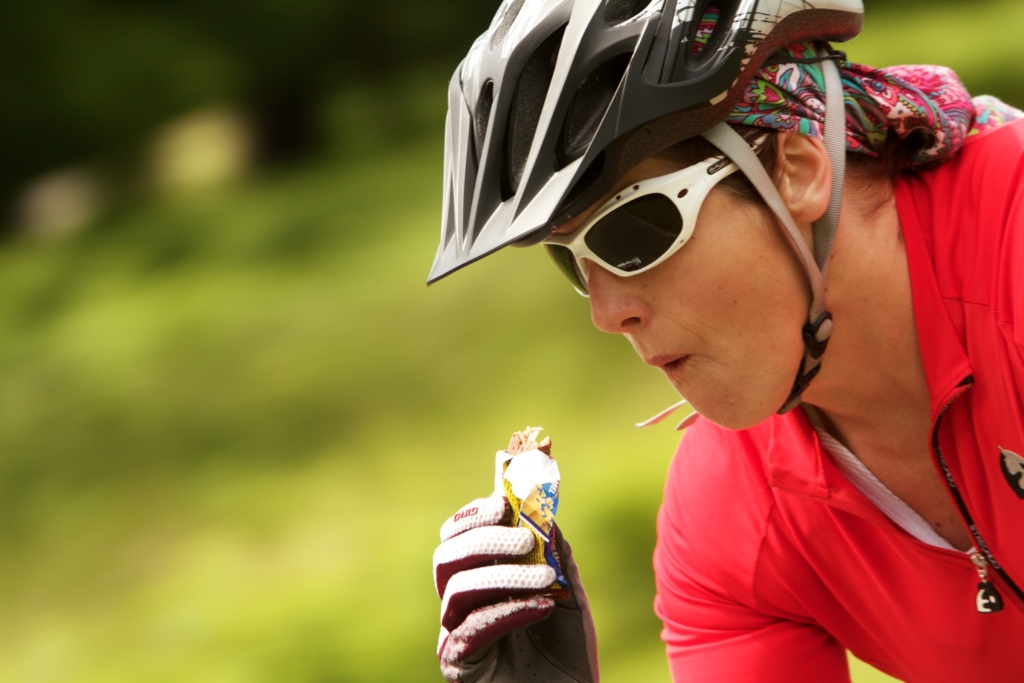
Staying fueled during a long ride is crucial to maintaining energy levels and endurance. But with so many options out there, it can be tough to know what to eat and drink during a ride. Here’s what you need to know about fueling during a ride for optimal performance:
Firstly, it’s important to stay hydrated during a ride by drinking plenty of water or electrolyte drinks. Aim to drink 20-24 ounces of water or sports drinks per hour, depending on factors like temperature, humidity, and intensity of the ride.
In terms of fueling, it’s recommended to consume a combination of carbohydrates and electrolytes to maintain energy levels during a ride. Good options for portable snacks include energy gels, bars, and chews that are easy to eat while cycling. Some popular brands include Clif Bar, GU Energy, and Honey Stinger. It’s also recommended to consume whole foods like bananas, apples, and nuts, which provide a balance of carbohydrates, protein, and healthy fats.
Timing and frequency of fuel intake during a ride is also important. Aim to consume carbohydrates and electrolytes every 30-45 minutes during a ride to maintain energy levels. This may mean consuming a gel or energy bar every hour or so, depending on the intensity of the ride.
In addition to portable snacks, hydration, and electrolytes, some other recommended options for fueling during a ride include sports drinks like Gatorade and Powerade, which provide a balance of carbohydrates and electrolytes. Coconut water is another good option, as it provides natural electrolytes and is low in calories.
Fueling during a ride is a crucial aspect of a cyclist’s diet. Aim to consume a combination of carbohydrates and electrolytes every 30-45 minutes during a ride, and stay hydrated by drinking plenty of water or electrolyte drinks. Portable snacks like energy gels, bars, and chews, as well as whole foods like fruits and nuts, can provide sustained energy during a ride. With the right fueling strategy, cyclists can maintain energy levels and endurance during long rides.
Recovery Nutrition After Biking
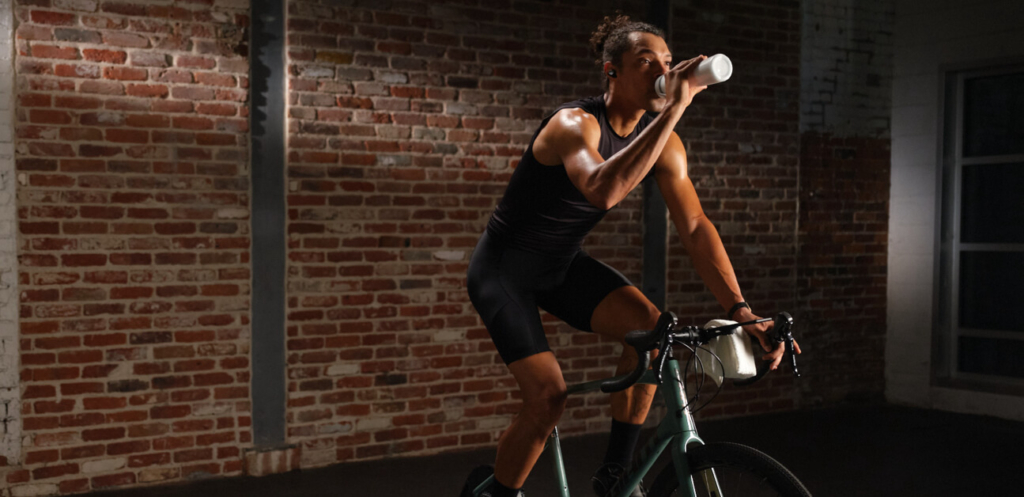
Recovery nutrition is crucial to help you bounce back after a tough ride. Sure, you might feel like devouring a pizza and a pint of ice cream, but that won’t necessarily do your body any favors. Then what to do?
After a ride, your body is in prime time to absorb nutrients, so it’s important to consume a post-ride meal or snack within 30 minutes of completing a ride.
But, what should you eat? Good options for post-ride meals include a turkey or chicken sandwich on whole grain bread, a quinoa and vegetable salad with grilled chicken or fish, or a tofu stir-fry with brown rice. These options provide a good balance of carbohydrates and protein to aid in muscle recovery and replenish glycogen stores.
But if you’re craving something sweet and delicious, don’t worry – there are plenty of tasty options that will still provide the nutrients you need. For example, try a smoothie made with frozen fruit, Greek yogurt, and almond milk. Or, make some energy balls with oats, peanut butter, and honey for a snack that’s both delicious and nutritious.
Other great options for recovery nutrition include anti-inflammatory foods like berries, leafy greens, and omega-3 rich foods like salmon, chia seeds, and walnuts. These foods can help reduce inflammation and aid in muscle recovery.
So, the next time you finish a tough ride, don’t just reach for the junk food. Try one of these fun and tasty options to help you refuel and recover like a pro. Your body (and taste buds) will thank you!
Special Diets for Cyclists
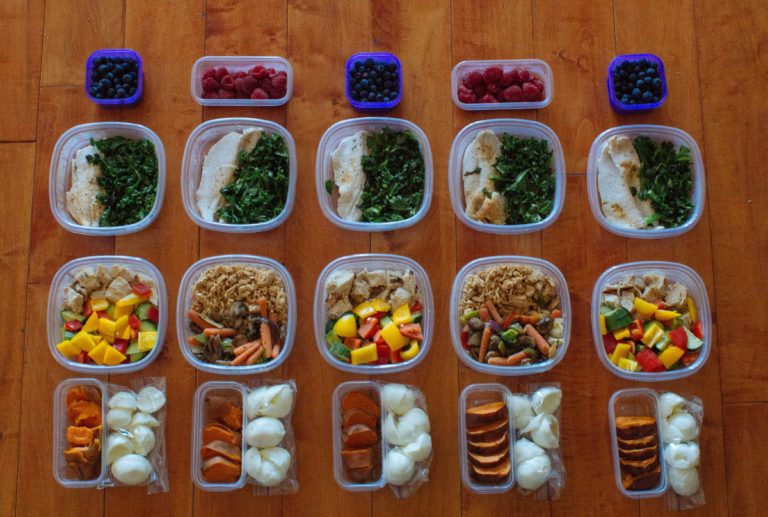
You may be considering a special diet for various reasons such as ethical, environmental, or health-related concerns. Some common special diets for cyclists include vegetarian, vegan, and gluten-free diets. But are they really effective and how much they help with your cycling training and how to maintain a healthy and balanced diet while following them?
In fact, a study conducted by the International Journal of Sports Nutrition and Exercise Metabolism found that plant-based diets can provide sufficient protein and energy for endurance athletes. Some recommended food sources for vegetarian and vegan diets include legumes, nuts, seeds, whole grains, fruits, and vegetables. These foods are rich in protein, fiber, and other important nutrients, and can provide sustained energy during a ride.
Gluten-free diets are another option for cyclists who are gluten intolerant or have celiac disease. Gluten-free diets require eliminating wheat, barley, and rye from the diet, which can be challenging for cyclists who rely on carbohydrate-rich foods like bread, pasta, and cereals for energy. However, there are plenty of gluten-free alternatives available, such as quinoa, rice, corn, and potatoes. These foods are rich in carbohydrates and can provide sustained energy during a ride.
Maintaining a healthy and balanced diet while following a special diet can be challenging, but it’s important to ensure you’re getting all the necessary nutrients for optimal performance. To maintain a healthy and balanced diet, it’s recommended to include a variety of foods from different food groups, and to supplement with vitamins and minerals if necessary. It’s also important to consult with a registered dietitian or healthcare professional if you’re unsure about how to maintain a healthy diet while following a special diet.
So, special diets such as vegetarian, vegan, and gluten-free diets can be suitable for cyclists, but it’s important to ensure you’re getting all the necessary nutrients for optimal performance. By incorporating a variety of nutrient-dense foods into your diet and consulting with a registered dietitian or healthcare professional, you can maintain a healthy and balanced diet while following a special diet.
FAQ of Best Diets for Cycling
What are some common mistakes in the cycling diet?
When it comes to cycling, nutrition plays a crucial role in optimizing performance and achieving goals. However, cyclists may make common mistakes when it comes to their diet that can hinder their progress and affect their overall health. From not consuming enough calories to neglecting post-ride nutrition, these mistakes can impact energy levels, endurance, and recovery. Here are 8 common mistakes that you want to avoid.
- Not eating enough: Cyclists often underestimate how many calories they need to fuel their rides and may not consume enough food, leading to decreased energy levels and poor performance.
- Not hydrating properly: Hydration is crucial for performance, but cyclists may not consume enough water or electrolytes during a ride, leading to dehydration and decreased endurance.
- Relying too much on sports drinks and energy gels: While sports drinks and gels can be beneficial during a ride, relying too heavily on these products can lead to an imbalance in nutrients and may not provide enough sustained energy.
- Neglecting post-ride nutrition: Recovery nutrition is just as important as pre-ride and during-ride nutrition, but cyclists may not consume enough protein or carbohydrates after a ride to replenish glycogen stores and repair muscles.
- Overemphasizing protein intake: While protein is important for muscle recovery and growth, cyclists may overemphasize protein intake at the expense of carbohydrates, which are necessary for sustained energy during a ride.
- Not getting enough fruits and vegetables: Fruits and vegetables provide essential vitamins, minerals, and fiber that are important for overall health and performance. Cyclists may not consume enough of these foods, which can lead to nutrient deficiencies.
- Not planning meals and snacks in advance: Cyclists with busy schedules may not plan meals and snacks in advance, leading to poor food choices or skipped meals.
- Ignoring individual dietary needs: Each cyclist has unique dietary needs and preferences, but cyclists may ignore these needs and follow generic nutrition advice instead.
What to eat the night before a long bike ride
The night before a long bike ride, it’s important to fuel your body with nutrient-dense foods that will provide sustained energy during the ride. Here are some recommended options for a pre-ride dinner:
- Complex Carbohydrates: Choose foods that are high in complex carbohydrates like brown rice, quinoa, whole-grain pasta or bread, and sweet potatoes. These foods will provide a slow release of energy during the ride and help to replenish glycogen stores.
- Lean Protein: Incorporate lean protein sources like chicken, turkey, fish, tofu, or beans into your pre-ride dinner. Protein is essential for repairing and building muscle, and will help to keep you feeling full and satisfied during the ride.
- Vegetables: Include a variety of vegetables in your pre-ride dinner for essential vitamins, minerals, and fiber. Dark, leafy greens like spinach and kale are especially beneficial for their anti-inflammatory properties.
- Healthy Fats: Add some healthy fats like avocado, nuts, or seeds to your pre-ride dinner for sustained energy and satiety.
Some recommended pre-ride dinner options include grilled chicken with brown rice and roasted vegetables, baked salmon with sweet potato and green beans, or a tofu stir-fry with quinoa and mixed vegetables. It’s also important to avoid heavy, fatty, or spicy foods that may cause digestive issues during the ride.
What to eat for breakfast before a long bike ride
Eating the right breakfast before a long bike ride is important to ensure you have enough energy to power through the ride. Here are some recommended options for a pre-ride breakfast:
- Oatmeal: Oatmeal is a great source of complex carbohydrates that provide sustained energy during a long ride. It’s also rich in fiber and protein, which helps keep you feeling full and satisfied. Top it off with some fruit and nuts for extra nutrients and flavor.
- Whole grain toast with nut butter: Whole grain toast provides complex carbohydrates and fiber, while nut butter provides healthy fats and protein. This combination provides sustained energy and helps keep blood sugar levels stable.
- Greek yogurt with fruit and granola: Greek yogurt is high in protein and provides a good balance of carbohydrates and healthy fats. Add some fruit and granola for extra nutrients and flavor.
- Eggs and vegetables: Eggs are a great source of protein and provide sustained energy. Pair them with some sautéed vegetables like spinach, bell peppers, and mushrooms for a nutrient-dense and filling breakfast.
- Smoothie: A smoothie made with fruits, vegetables, and protein powder provides a quick and easy breakfast option. Add some oats or chia seeds for extra fiber and sustained energy.
Remember to eat breakfast at least 2-3 hours before the ride to allow for proper digestion. Stay hydrated by drinking plenty of water or electrolyte drinks before and during the ride. With the right breakfast and hydration, you’ll be ready to tackle a long bike ride with ease.
